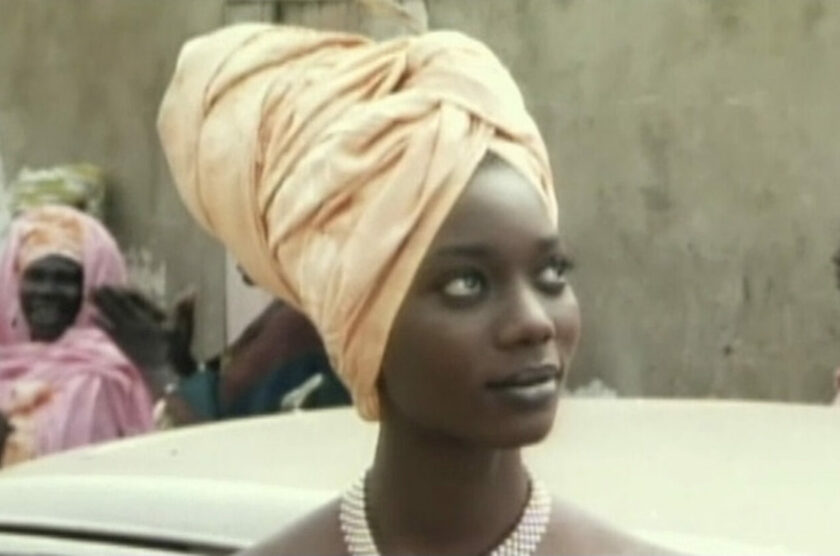Tableau Ferraille
by Moussa Sène Absa
Senegal, 1997
sinopsis
Tableau Ferraille is a working-class neighborhood about ten kilometers outside Senegal’s capital, Dakar. It is on the coast and populated by fishermen, but despite the coconut trees and colorful boats, it is no paradise. Proof of this can be seen every day as the men and women set out to scrape together the bare necessities of life, an increasingly difficult task. Not least because of the large families. Living in sheds made of corrugated iron and scraps of wood, the search for money is a real obsession. For some it is pure necessity, for others it is the pursuit of an increasingly luxurious existence. In this way, the various characters slowly reveal their personalities: material interests sometimes count more than love, friendship, faith, honesty…
sobre el director
Moussa Sène Absa was born in 1958 in Senegal. After starting a career as an actor, he won awards for his short films, documentaries, and features. He is also a painter and author. He exemplifies the “homo senegalensis”, an ideal of an artist, which was dear to Léopold Sédar Senghor, rooted in tradition but fully willing to use what the Western world has to offer. Ironically, Absa is more famous internationally than he is in his own country despite exposure to a large audience in Senegal through the TV series Goorgoorlu, written by TT Fons and produced by the national Senegalese television (RTS). His first film Le Prix du mensonge (The Price of Lies) earned him the Tanit d’Argent (Silver Tanit) at the Journées Cinématographiques de Carthage (Carthage Film Festival) in 1988. Tableau Ferraille, released in 1996, earned him several awards including Best Cinematography at FESPACO in 1997. His 2002 romantic comedy, Madame Brouette, won the Poitou Charentes Award at the Pan-African Film and Television Festival of Ouagadougou (FESPACO) in 2003.
His last two feature films, Teranga Blues and Yoole were selected in competition at FESPACO in 2007 and 2013.
(African Film Festival, New York)

